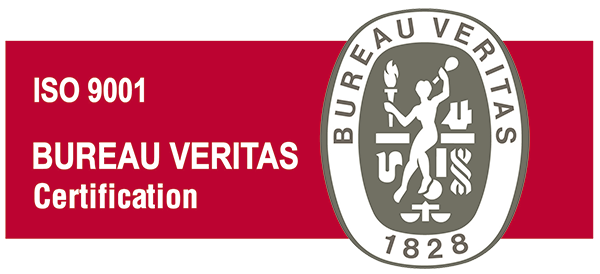Written by:
Miquel Talavera, leading specialist in automation and electricity
The challenges of the biotechnology industry in a changing world
The biotechnology industry faces a number of critical challenges on its path to efficiency and competitiveness. Traditional processes can be slow, inflexible and costly, making it difficult to adapt quickly to market needs and regulatory requirements. In addition, the growing demand for customized and small batch production presents new operational challenges that require more agile and efficient systems.
These difficulties are compounded by the need to ensure high quality at every stage of production, as well as interoperability between equipment and systems. Lack of integration and automation in processes can lead to delays, failures and deviations that negatively impact safety, regulatory compliance and business results.
Digital transformation as the axis of change
In this context, digital transformation has become the inevitable step for the industry to keep pace with technological advances and market demands. It is the way to overcome current challenges and ensure a more competitive and efficient future. To meet these challenges effectively, three key pillars have been identified:
- Modularization and automation under advanced standards
The modularization of process equipment units under the MTP (Module Type Package) framework allows the creation of flexible and scalable systems that can be quickly adapted to market changes. This methodology ensures optimal interoperability between equipment and control systems, improving efficiency and reliability.
Alignment with the NAMUR 2658 standard, which establishes the principles of MTP, reinforces the commitment to offer state-of-the-art technological solutions. This regulatory framework allows flexibility and scalability to be integrated into solutions, ensuring that industrial plants can respond with agility to industry challenges, without compromising regulatory compliance.
- End-to-end process control
A comprehensive approach to process control ensures that each stage of production is aligned with quality, safety and efficiency objectives. The integration of advanced digital tools allows optimizing workflows and minimizing risks of failures or deviations.
The implementation of robust systems allows for comprehensive process monitoring. This not only reduces risk, but also improves responsiveness to changing market needs.
- Customized production and reduced start-up times
The transition to customized production requires agile systems capable of meeting market expectations without compromising quality. Working with pre-qualified modules, which comply with regulatory standards from their origin, enables rapid integration into production plants.
This approach not only reduces start-up times, but also minimizes regulatory risks, key factors in a constantly evolving industry.
A promising future for the biotechnology industry
Digital transformation not only responds to the current challenges of the biotech industry, but also represents an opportunity to build a more efficient, flexible and quality-oriented future.
By adopting advanced technologies and integrated approaches, companies in the sector can optimize their processes, improve their responsiveness and ensure compliance with the highest standards. This commitment to excellence not only boosts competitiveness, but also reinforces confidence in an industry that plays a key role in global health.



